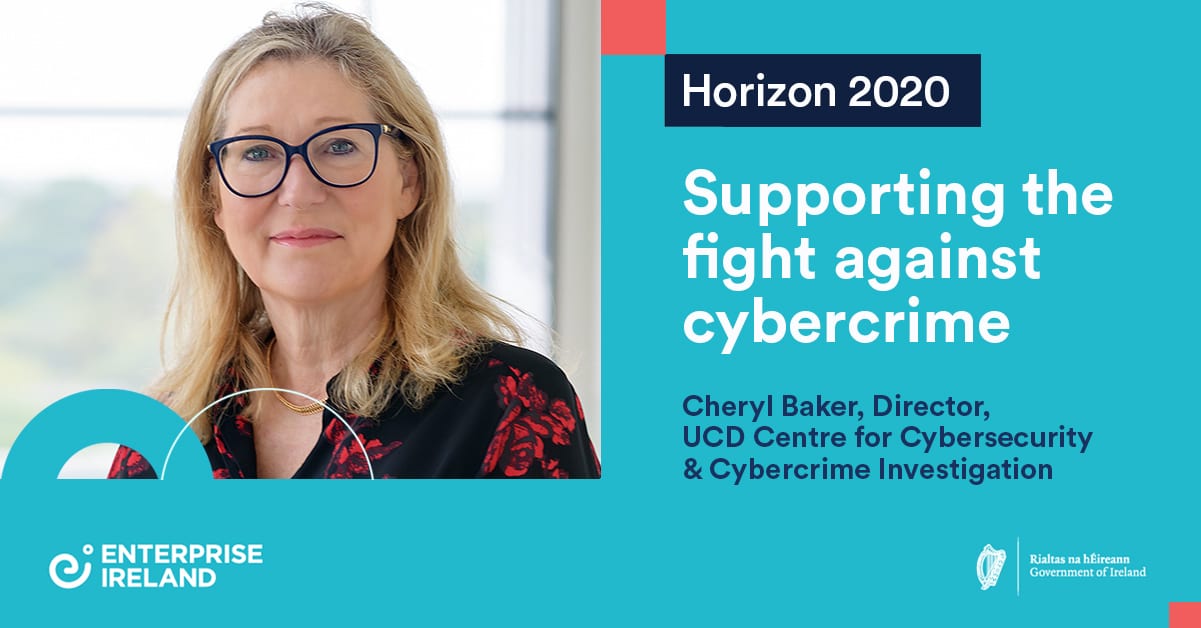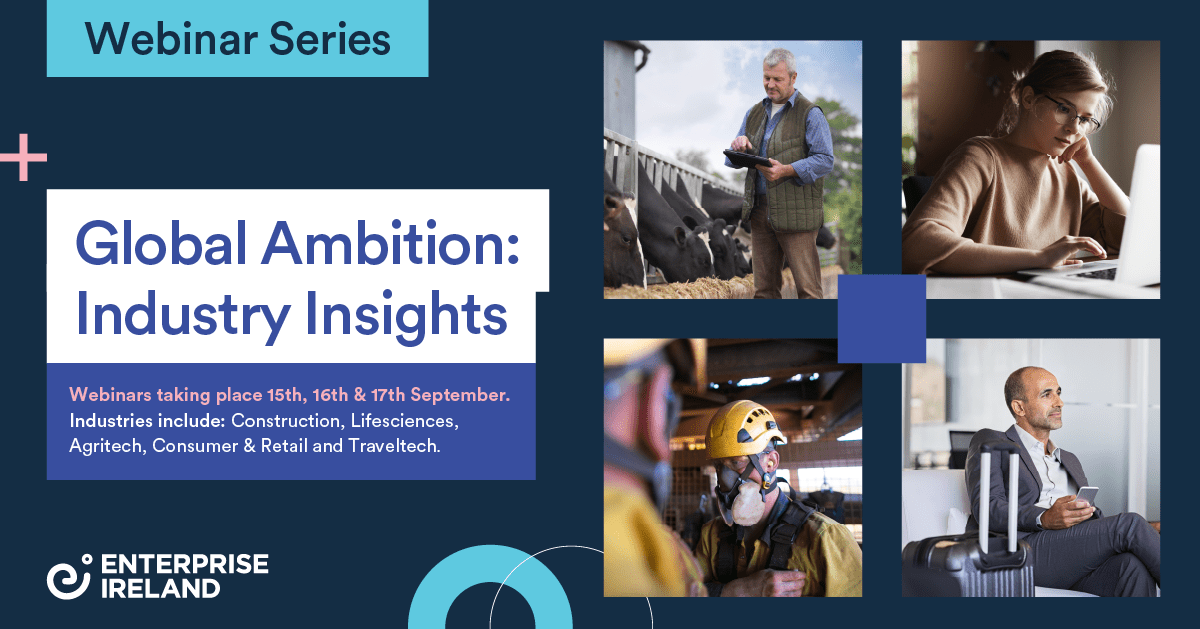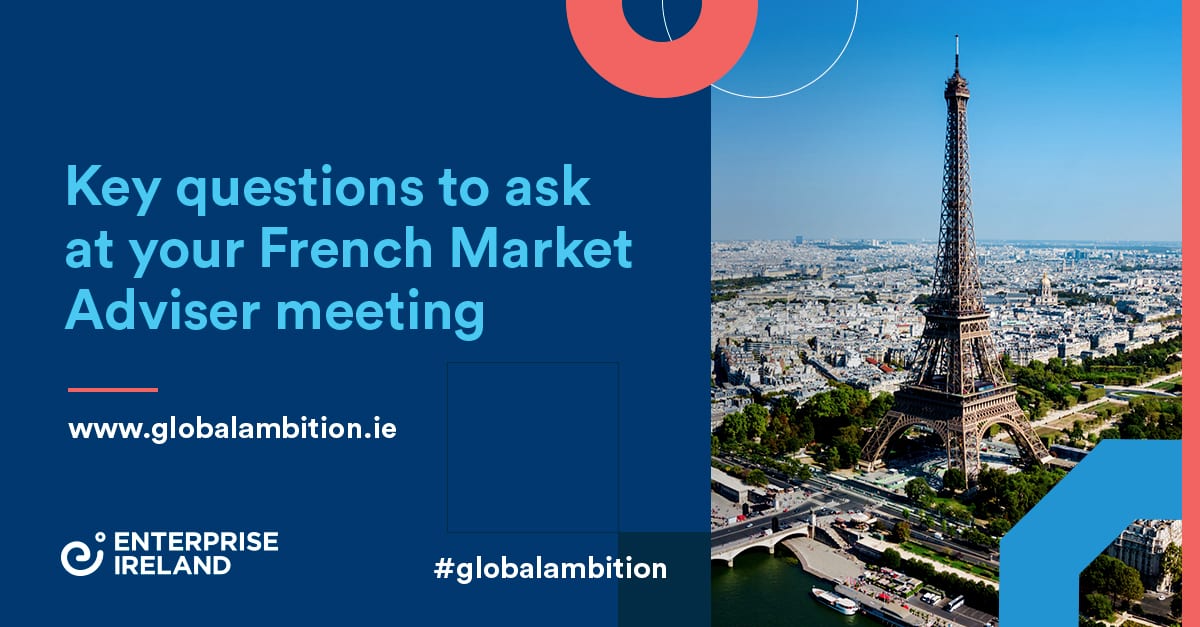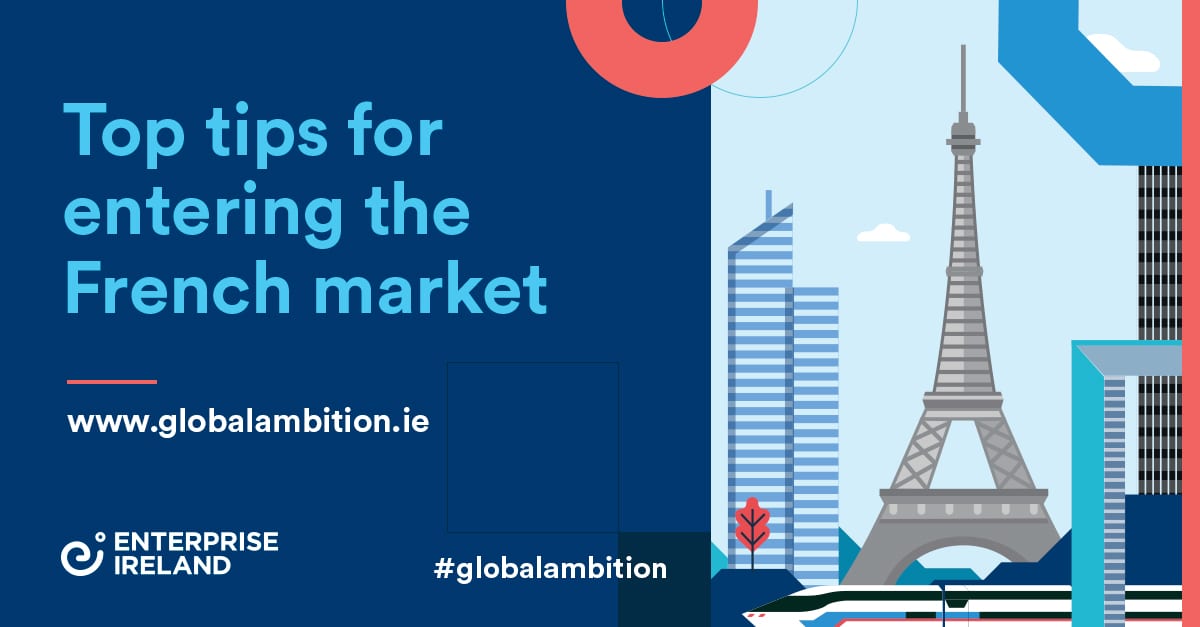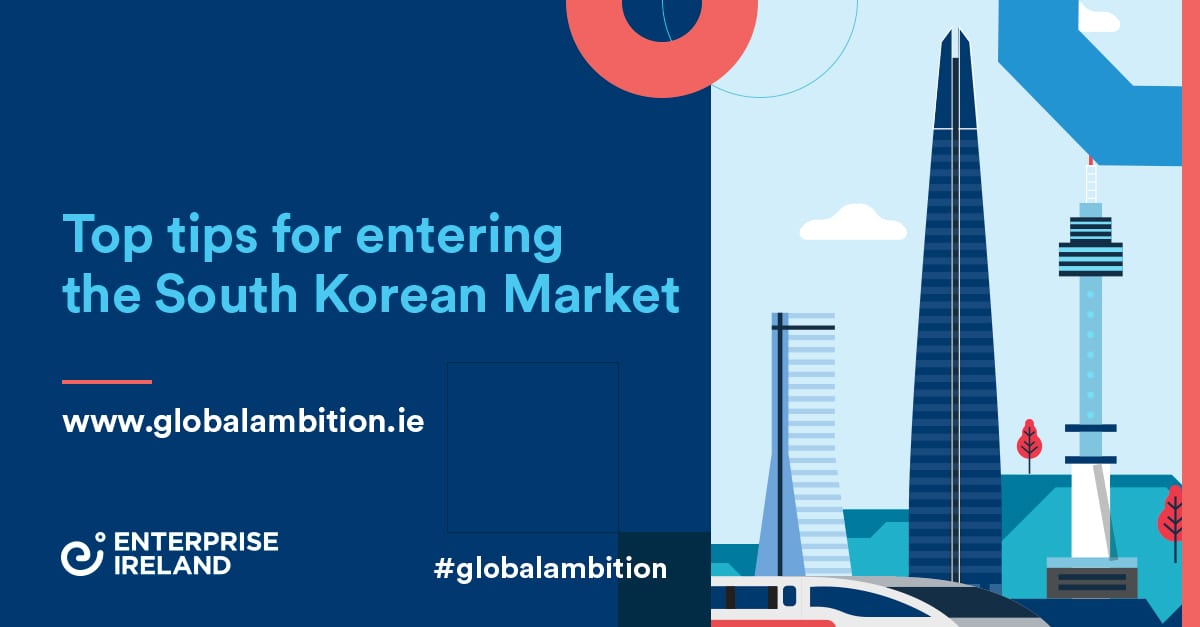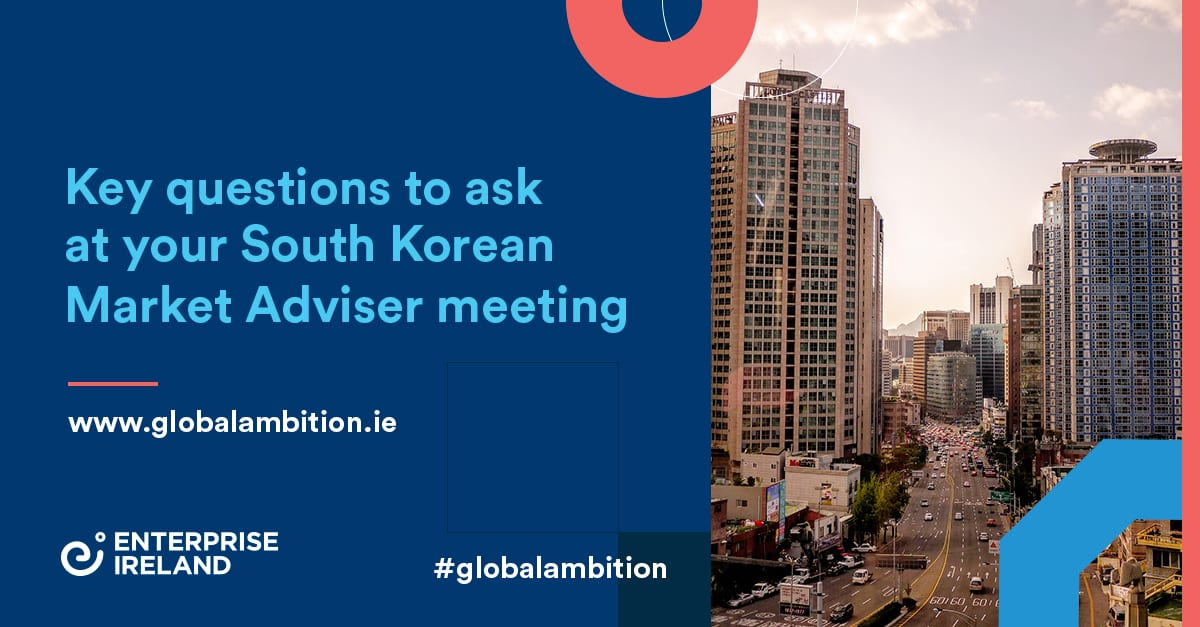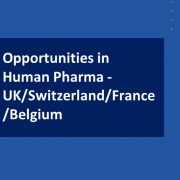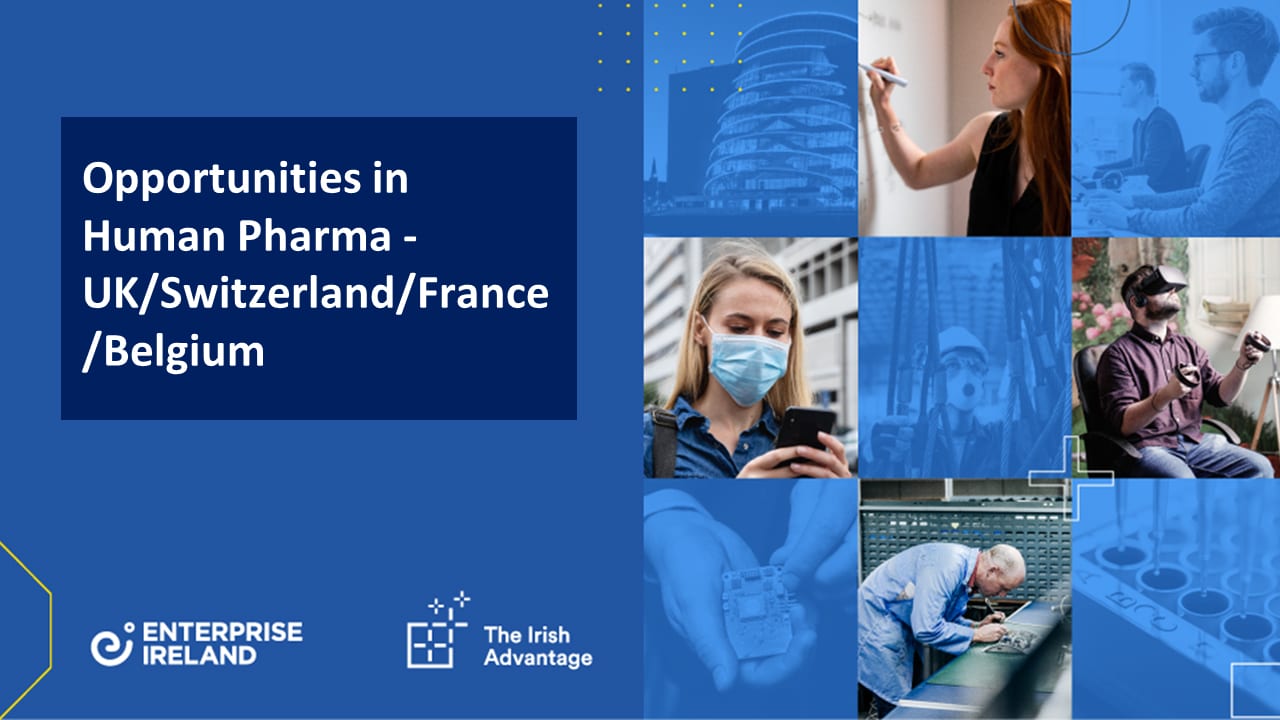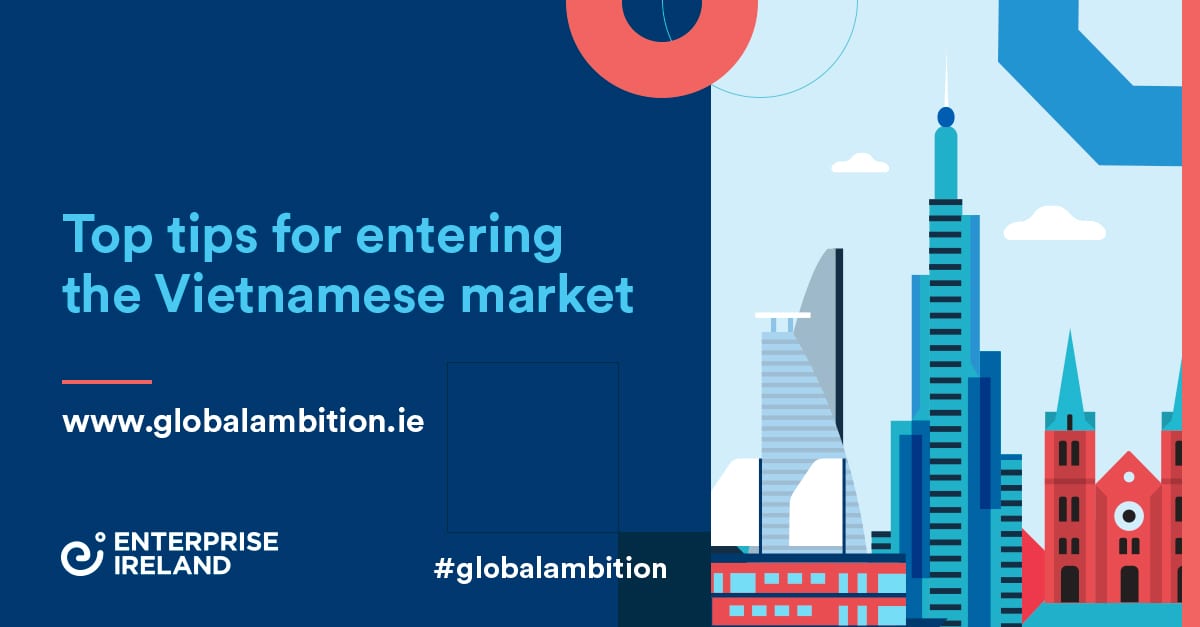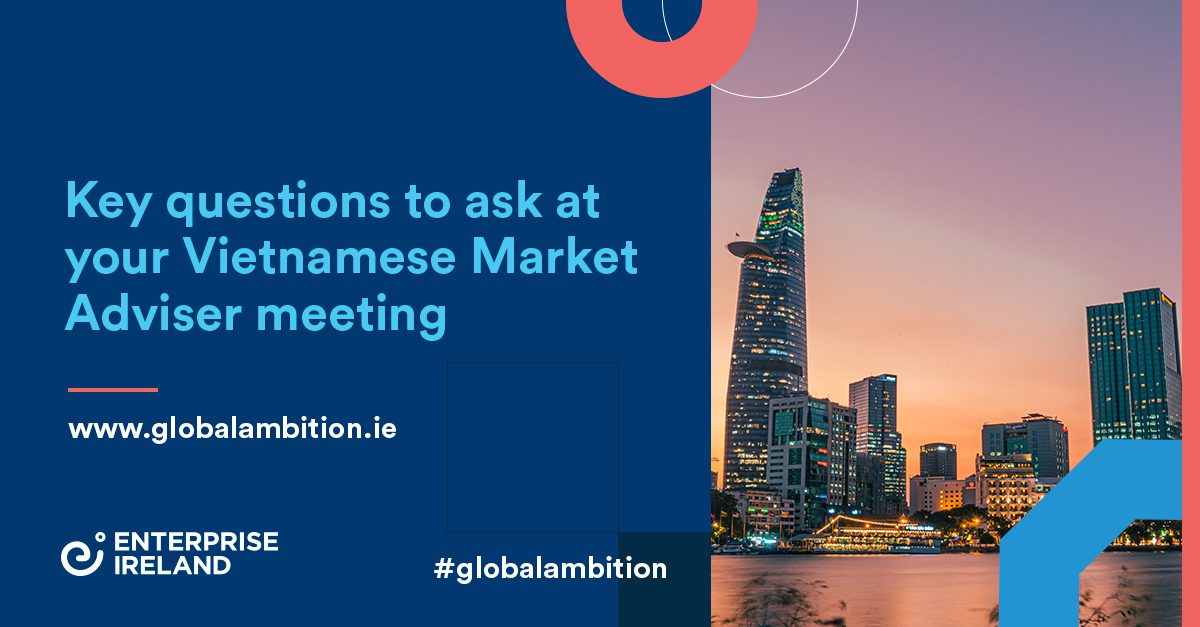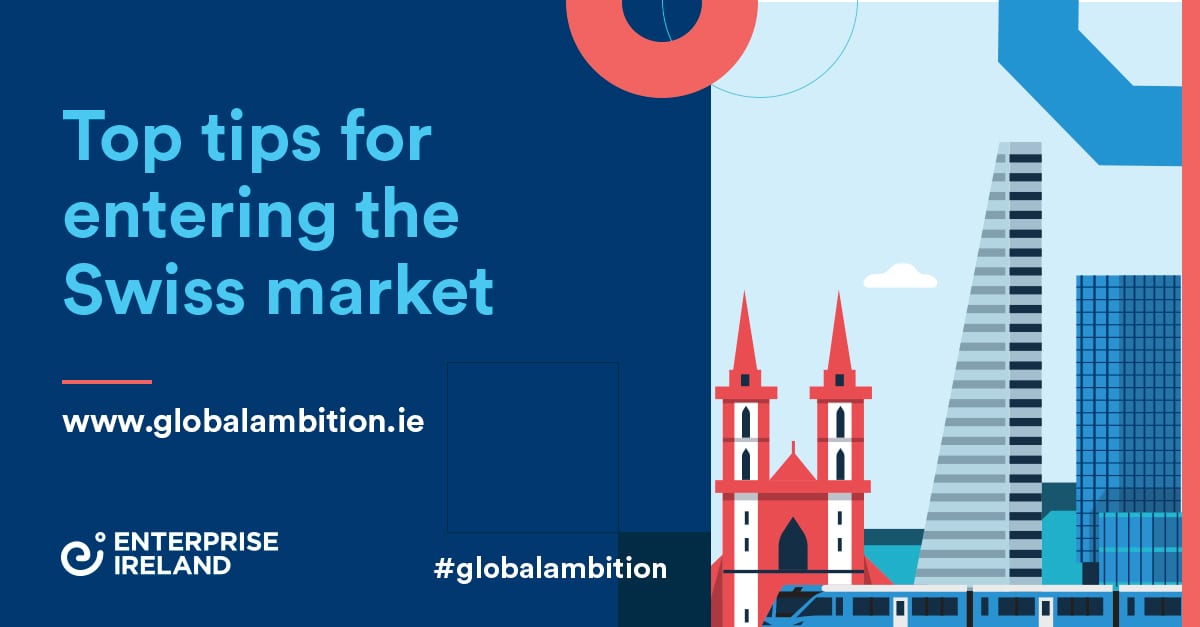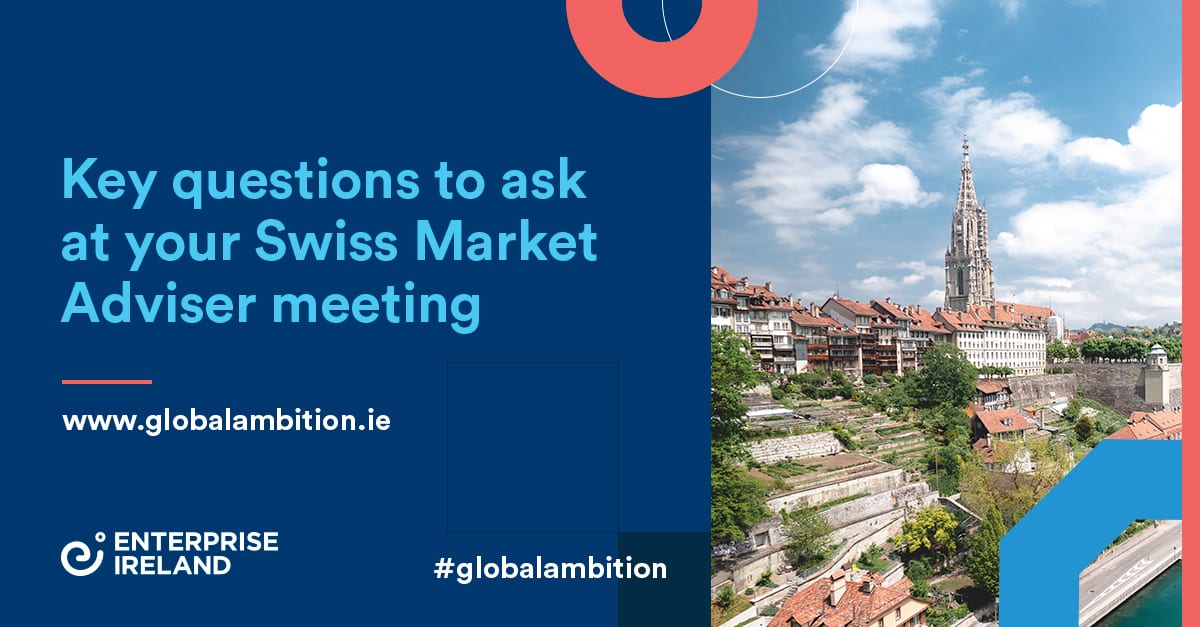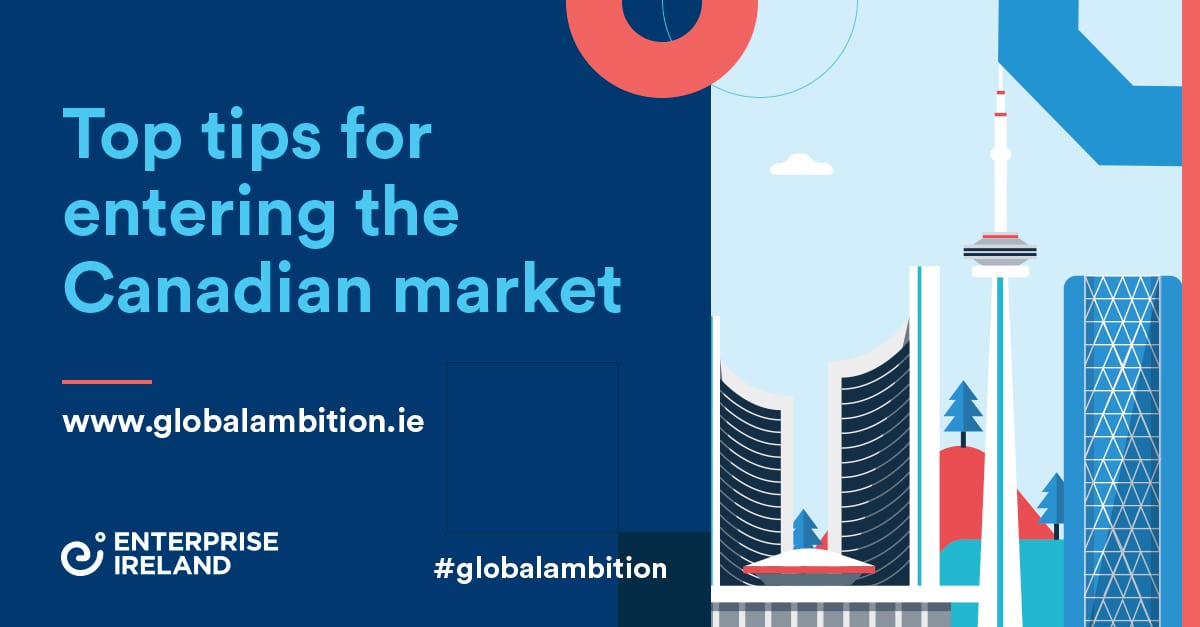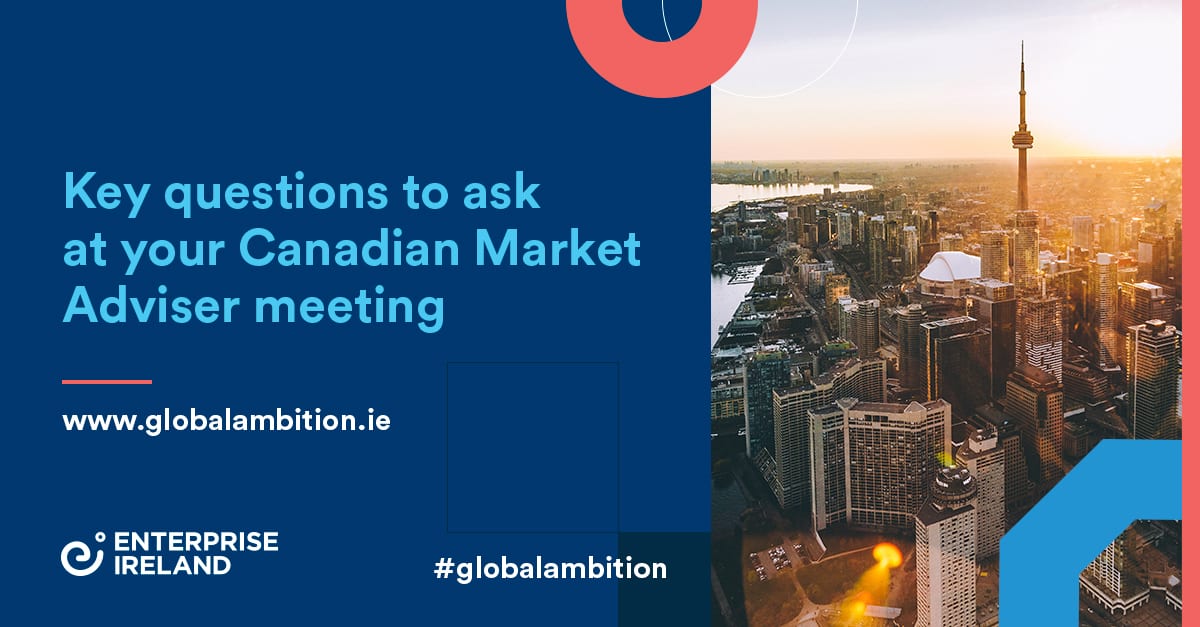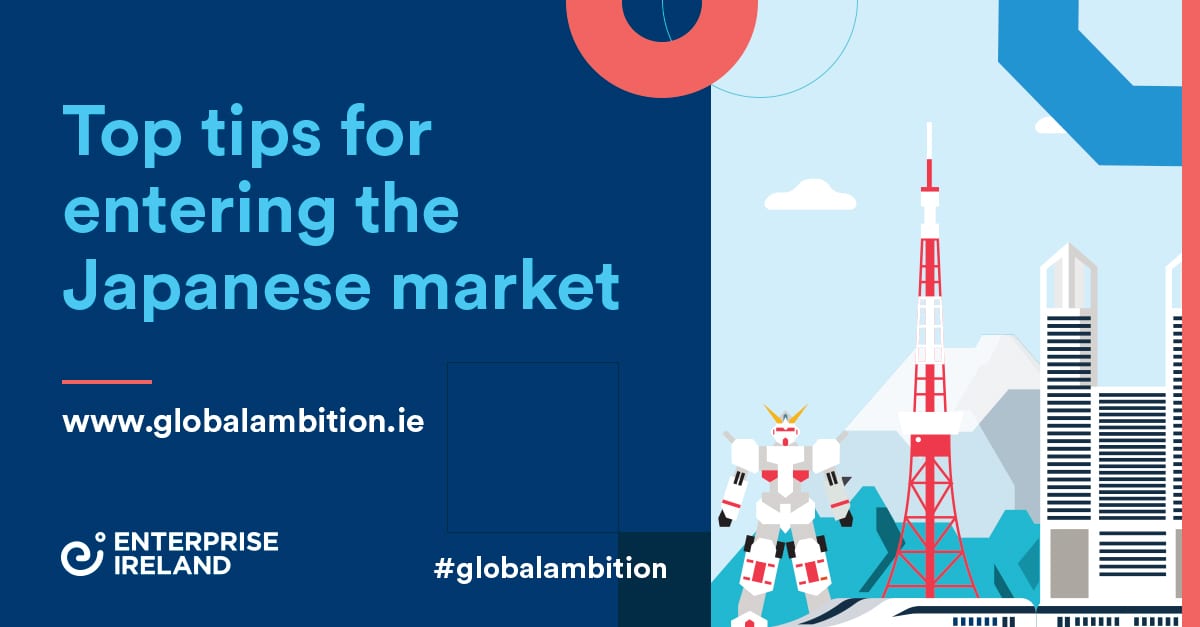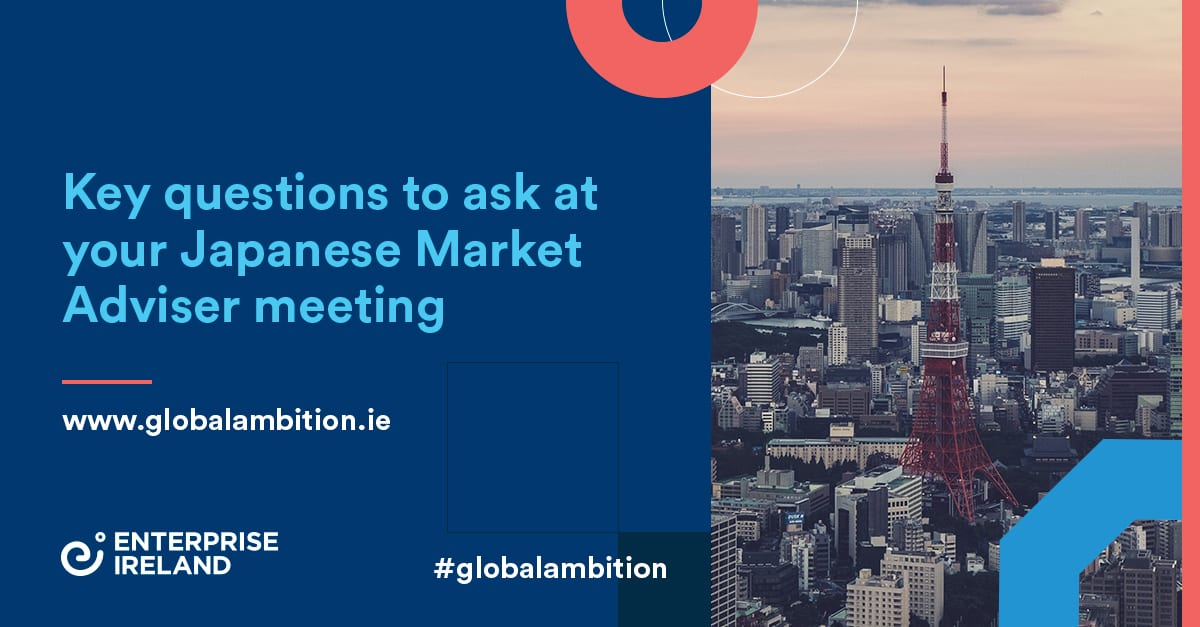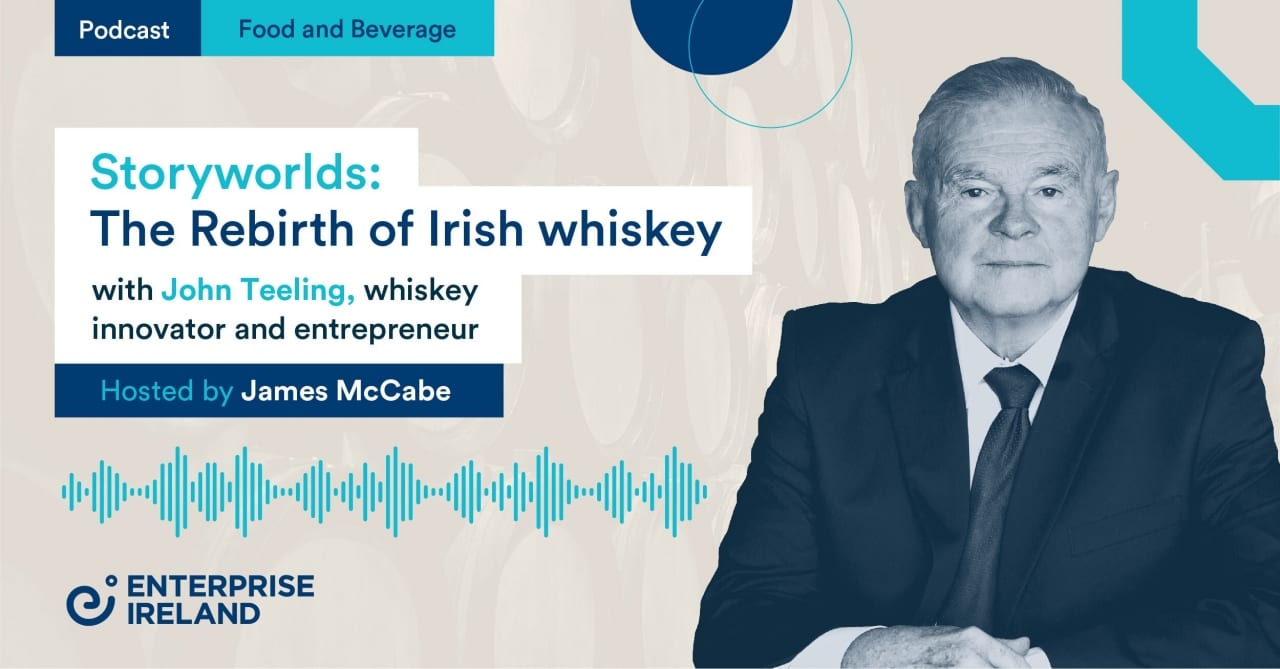Flavour of success
Niall McGrath of Cali Cali speaks about maintaining his vision for the brand during Covid-19
The Cali Cali brand is the brainchild of business partners Niall McGrath and Tom Gannon – the duo behind Fulfil bars – and Celebrity Chef Donal Skehan. Inspired by the street food markets of California, the team wanted to develop a range of sauces and crisps that were ‘healthy, tasty and interesting’, taking the melting pot of Californian street flavours back to Europe.
“We developed Cali Cali back in summer 2018,” says Niall McGrath. “We saw that there were two megatrends happening in California, one was around healthy eating and the other was around street food, so we started thinking about creating a lifestyle brand that brought the flavours of the world together with healthier snacking and eating, and could be distributed within arm’s reach.
“We were travelling around in the car one day, listening to Biggie Smalls and heard the words, ‘going back to Cali, Cali’, and that’s when the name was born!”
Guilt-free snacking
The guilt-free snacking brand, which has a recognisable bright orange logo, has already released several innovative treats, including healthy crisps and a range of flavourful sauces. “The sauces are available in the flavours, San Diego peri-peri, Tijuana hot sauce, Frisco hot wing, LA Street Food Sriracha and Baja chipotle salsa.
“We also had an interesting idea for protein crisps, which we found impossible to get right, but eventually we met our current crisp manufacturer at a trade show and the rest was history. We now have crisps available in Golden State tangy cheese and onion, Tijuana hot sauce, Baja buffalo chipotle and Thai Town sweet chilli. They don’t use preservatives or MSG and use real-food ingredients like chickpea flour, rice flour and beans. They’re also gluten-free.”
Despite launching the sauces and crisps in September 2019, a few months before the pandemic began in Ireland, Niall says this has not hindered their success.
“In fact, we have managed to spread our wings,” says Niall. “We had plans to launch into the Middle East in another couple of months, but we decided there was no point in waiting around and moved these plans forward.
“Now, we’re on track to launch in the UAE in September and on top of that, we’ve just started exporting to the UK.” explains McGrath.
Niall says Enterprise Ireland has been a big support to the company. “We’ve been working with Enterprise Ireland pretty much since the get-go. They invested in our business in March and this gave us confidence in the value of the business, that it’s something worth investing in.”
Niall says there were naturally some challenges in the past few weeks, “these challenges were in relation to our crisp sales. Any sales would have been at a convenience store for those on-the-go or city centre convenience stores, so there weren’t as many people picking them up. However, our sauces sold really well in stores across Ireland.
Addressing the impact of Covid-19
All during lockdown, Niall says the team has been coming up with either new revenue streams, new product developments, new distributions within the Irish market and export opportunities. “And all from our homes!
“We even launched a new product last week, our Pop-A-Grains, which is a low-calorie, low-carb bread substitute. They’re like large poppadoms!
“We’ve been very active across social media too and our customers have given us great feedback.”
Has Niall had to adapt many business processes as a result of Covid-19?
“We realised that when you get hit with something like this, you just go back to the simple things, and manage your cash really well on a month-to-month basis. Look at new revenue streams and routes to market.
“The big change for us really was the timelines. Covid shifted the goalposts on a lot of things, but we never once said we would scrap a business plan or come up with a whole new positioning. If the plan is right, just continue to do the right thing. We haven’t changed our vision, our strategy or our range, but the timelines had to move.”
Looking forward, Niall says he can see a lot of opportunities arising, “What’s important to us is continuing to distinguish Cali Cali as a lifestyle brand that stands up as being healthy, as well as tasting great. We’re aiming to reach multiple different channels in multiple different countries, and I’m excited to see what new opportunities come up.”




